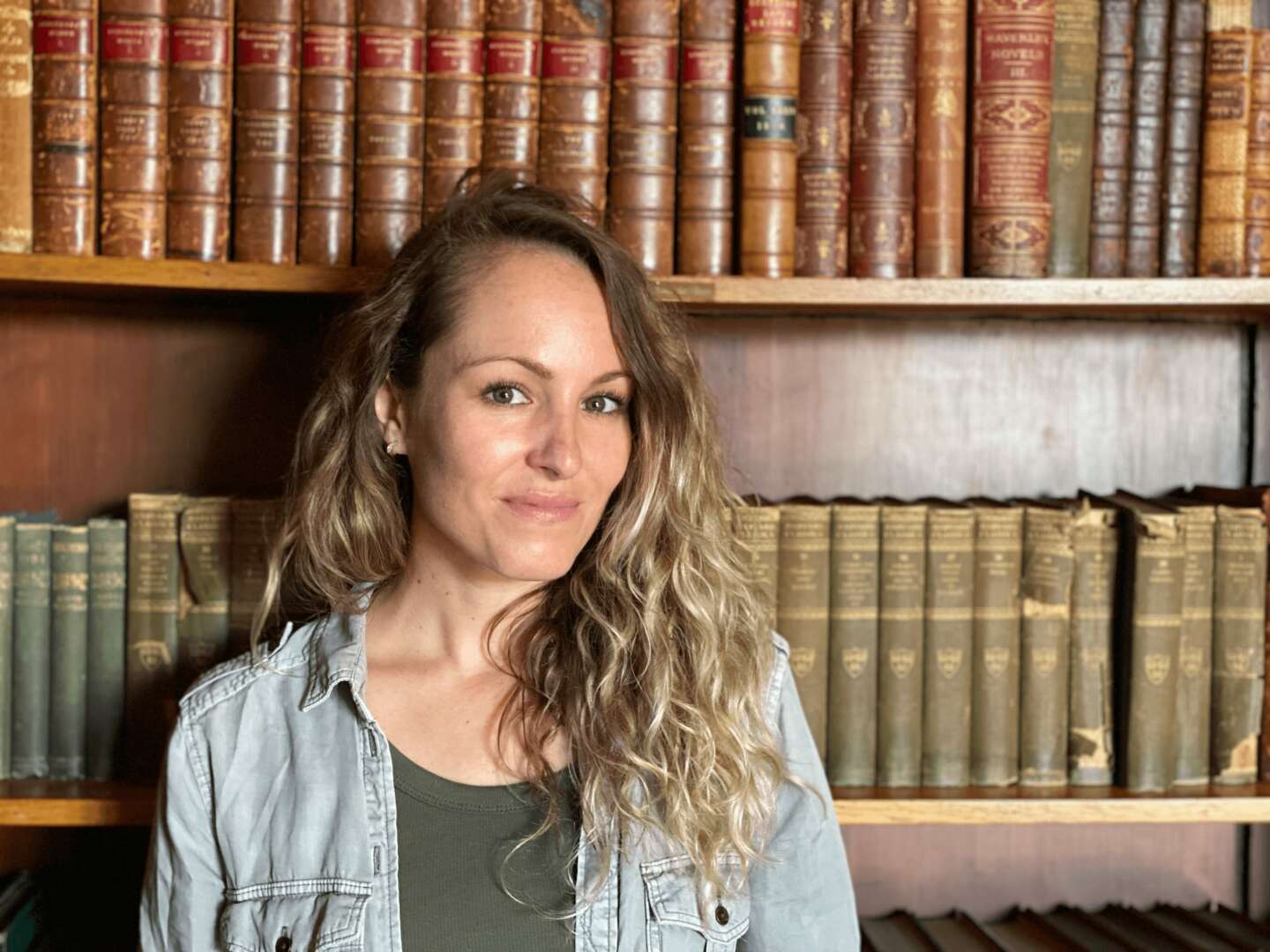We’re excited to introduce you to the always interesting and insightful Robyn Dabney. We hope you’ll enjoy our conversation with Robyn below.
Alright, Robyn thanks for taking the time to share your stories and insights with us today. How did you learn to do what you do? Knowing what you know now, what could you have done to speed up your learning process? What skills do you think were most essential? What obstacles stood in the way of learning more?
I completed my first novel in 2013 and believed it would be the next big thing. I thought agents would fight over it. Editors would spend millions at auction to claim the precious rights to my series. Film studios would blast down my door. Needless to say, none of those things happened, but I believe I wouldn’t have had the energy to finish the project without that misplaced confidence.
My training to that point had come through being a voracious reader, editor of my high school newspaper, and poet of the angsty teenager sort. I studied wildlife biology in college and spent four years writing scientific papers. I had a good sense of how a story should be told and a strong feeling for plot and characters, but I needed more polish with the craft of writing fiction.
To become a successful author, you need three things starting out: that initial overblown confidence, the absolute ability to accept that you were wrong and pivot into the learning phase, and an unimaginable ability to persevere.
Writing a book is hard work, and if you don’t think you’ll be the next Ursula K. Le Guin, it’s hard to muster what you need to finish that first project. But when you have your first novel in hand and try to find an agent and realize it will not be so easy, and you are not as brilliant as you thought, you must switch to the learning phase.
Once you realize you have much to learn, you can get to work. Join a critique group. Listen to how others edit your work and learn to edit other’s work. Read books on writing. Read books generally and study what writers do well and what you don’t like. Attend seminars and workshops. Most importantly, keep writing. Share that writing with others and listen to what they have to say. Perhaps the first book you wrote could become brilliant, and perhaps it should stay in the drawer. You’ll know when the time comes.
One of the beautiful aspects of being an artist is that the ability to create is fundamentally human. We all have it wired into our DNA. Art can be learned, improved, and even become great if you commit to constant study and never let your ego hinder your growth.
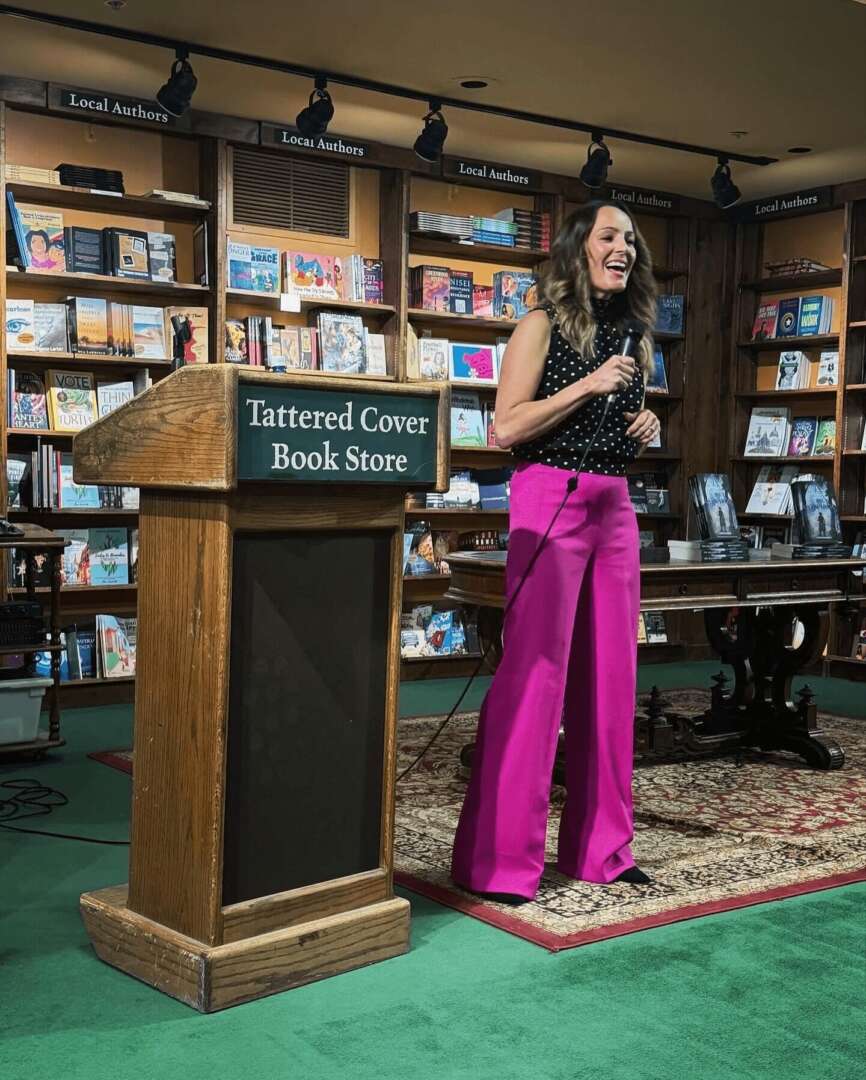
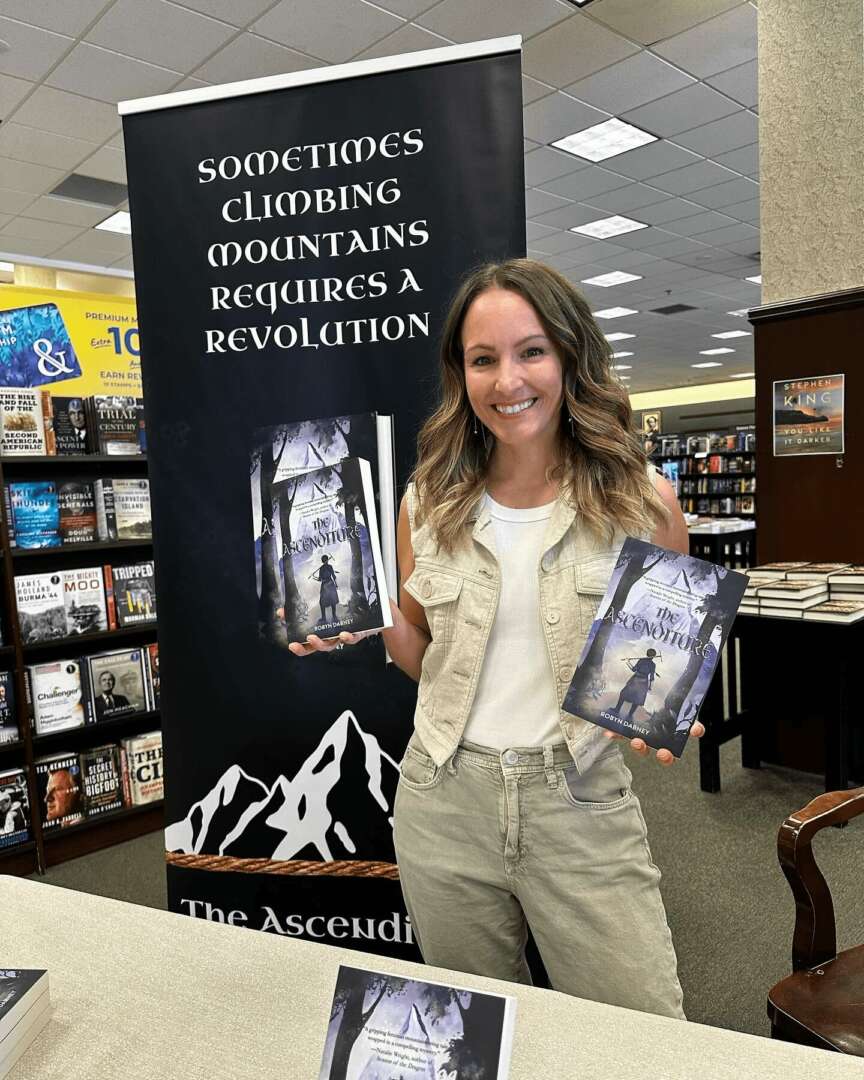
Awesome – so before we get into the rest of our questions, can you briefly introduce yourself to our readers.
I am an author and freelance copyeditor who writes books and short stories exploring good, evil, and the human condition.
My motto is Truth through Fantasy.
Growing up on Tolkien, Lewis, L’Engle, Le Guin, and Atwood, I’ve always viewed the fantasy genre as a vessel for telling the truth. Through my writing, I aim to highlight real-world issues, spark conversations, and make readers think. I write to explore my own feelings. To sort out my own frustrations with the world. I write as a piece of the puzzle of authors past and present, from all curves of the globe, who are trying to sort out this crazy world we live in through words.
I want my work to combine thrilling adventures and meaningful explorations of tolerance, empathy, and the complexities of human nature. My characters face significant challenges because the journey to empathy, equality, and self-love is arduous. Plus, as a reader, I’m drawn much more to struggle and hardship than I am to an easy slide through life. Who isn’t?
And like most authors, I write what I like to read.
I’m currently working on two series: The Soul Mender trilogy and The Daughter of the Summit and Sea series, whose first book, The Ascenditure, was released in May and tells the story of a determined young woman in a patriarchal kingdom who dares to challenge the system and climb the mountains she’s been forbidden to summit.
I wrote this series for two reasons: the first is a love letter to the mountains and my parents, who instilled in me a passion for exploring the wilderness, finding the beauty in a silent massif, and not shying away from tough physical and mental challenges. The second reason is a strict condemnation of sexism and misogyny in traditionally male-dominated fields.
Growing up as a tomboy in the early 90s, I gravitated toward traditionally male-dominated sports, jobs, and hobbies. Despite encountering instances of sexual harassment and sexism along the way, I had strong role models and books with fierce main characters to turn to for support. I have always been passionate about women claiming their power, so I wanted to write something to add to that particular bookshelf that might empower other young people.
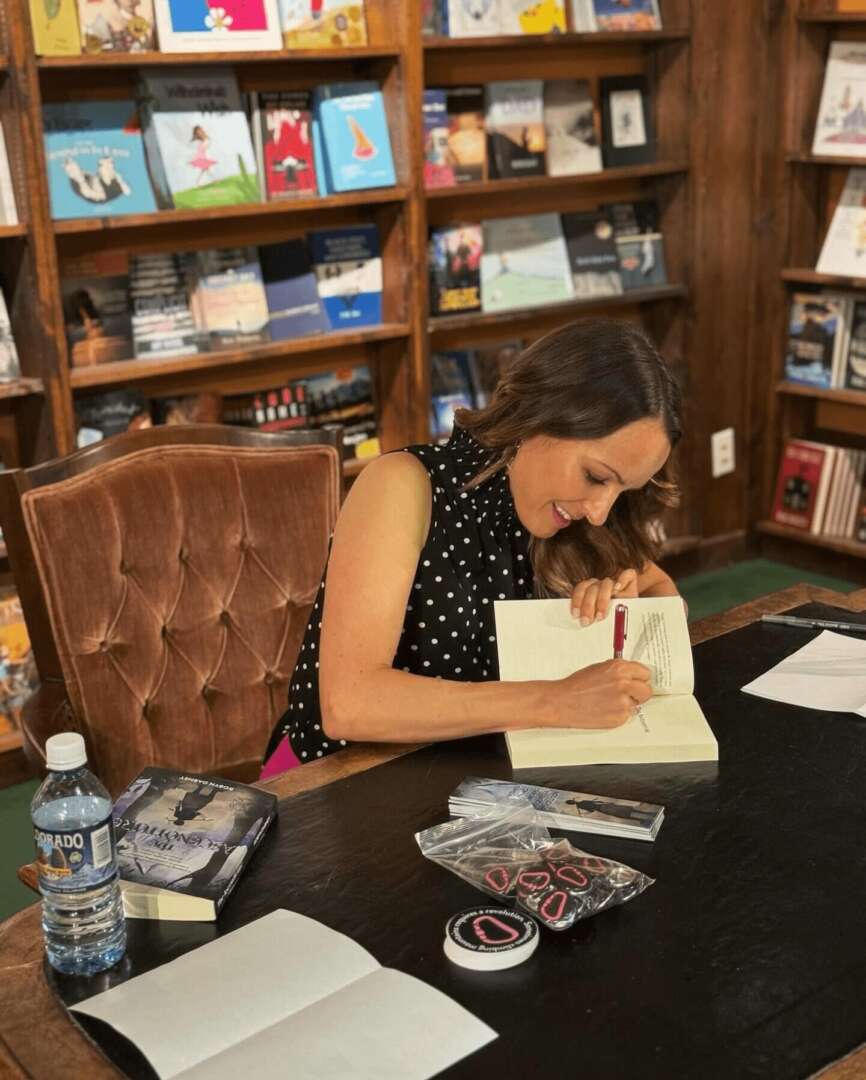
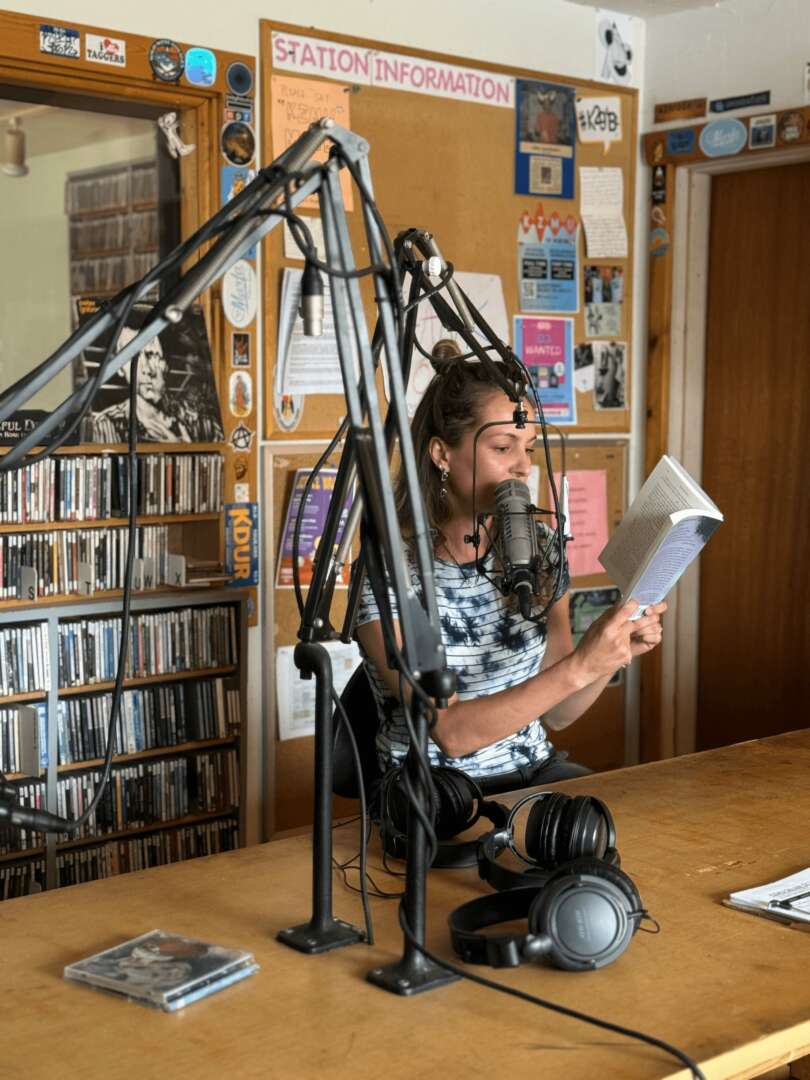
Is there something you think non-creatives will struggle to understand about your journey as a creative?
People often don’t realize how lonely creating can be. In a “normal” job, you have a boss, colleagues, and customers who care if you show up daily. They say “good job” or “thank you” and share coffee breaks or venting sessions. For me, especially between projects, it often feels like it doesn’t matter whether or not I write. Whether I stay in my pajamas and watch TV or write the greatest chapter of my life, no one will say a thing. I have to be my own boss, colleague, and client most of the time, which can feel isolating. Despite this, I’d repeatedly choose this path, but I don’t think people realize the importance of micro, day-to-day interactions in their work.
I wouldn’t say “non-creatives” because everyone has the potential to create. However, those not engaged in creative work should check on their creative friends more often. Ask how things are going, if they’ve done anything they’re proud of, and what they’re struggling with. It sometimes feels like people know the creative world is hard, so they avoid asking about it, almost like a disease they fear mentioning. This avoidance only exacerbates feelings of isolation.
And what creatives can and must do is find their battle buddies and help each other fill these interpersonal gaps and needs. I have a few author friends who keep me grounded, connected, and inspired. I aim to give back in the same way.
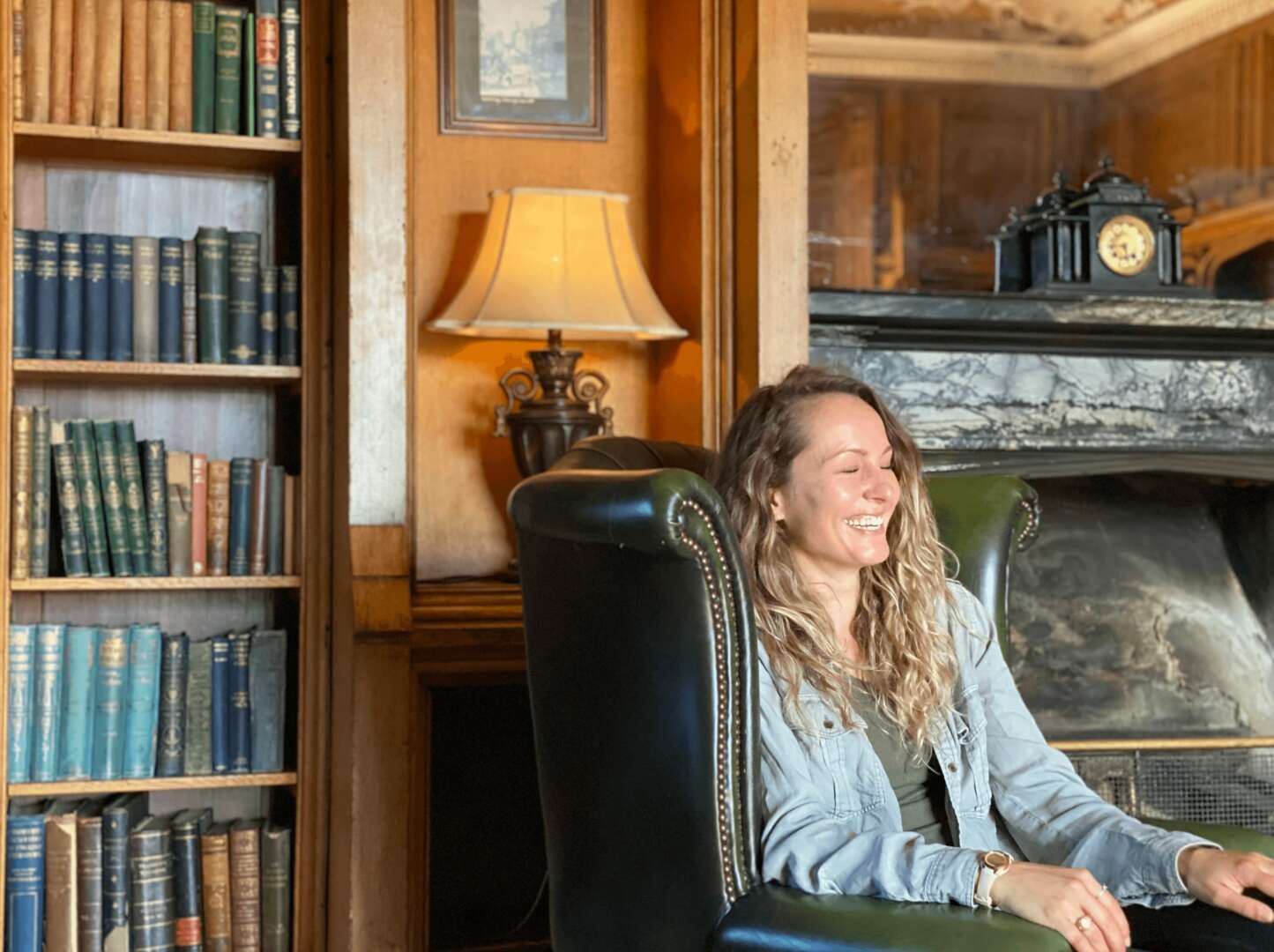
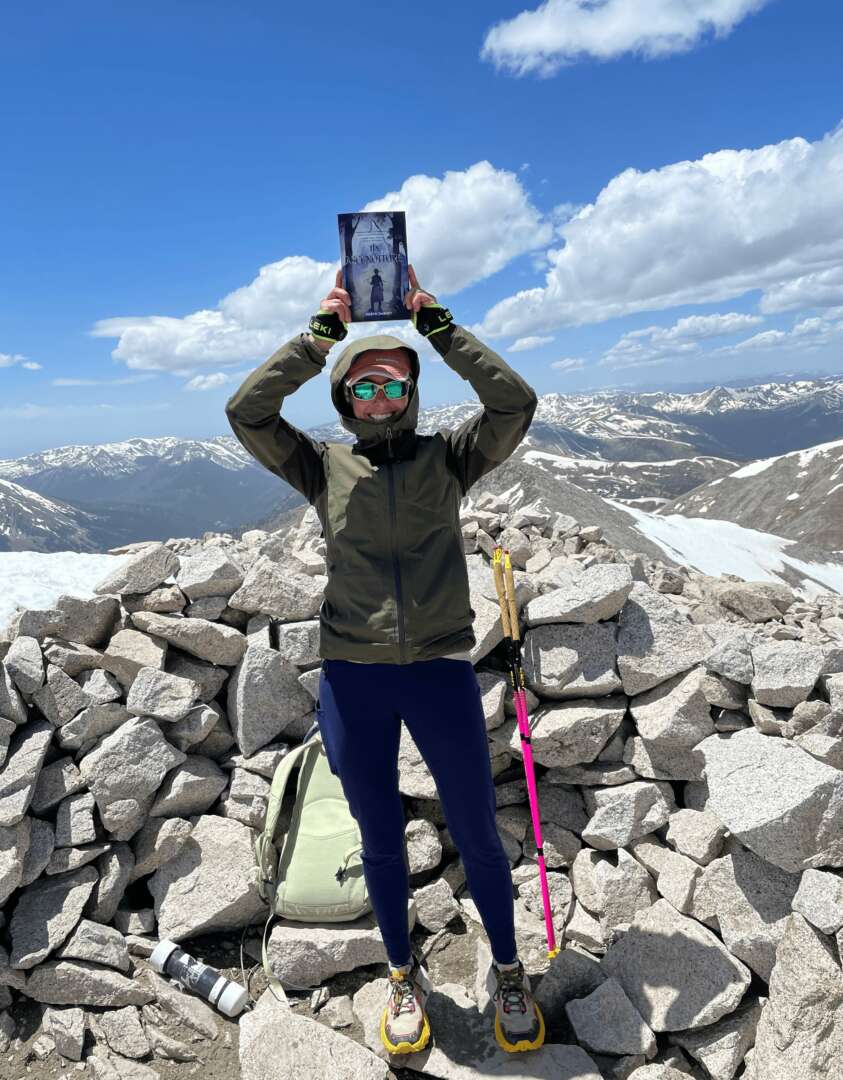
What’s the most rewarding aspect of being a creative in your experience?
A few years ago, I was driving home from a convention in Los Angeles and found myself speeding at the end of a twenty-hour drive on a back highway in west Texas when red and blue lights appeared in my rearview, and the stomach-dropping sound of a siren wailed. I pulled over and waited.
The state trooper who approached my door was a woman, and she asked where I was coming from.
“Los Angeles,” I said.
“What were you doing there?”
I slunk down in my seat as my face burned. “I was at AlienCon selling books. I’m a fantasy writer.” It didn’t sound like a real job, an important job. I’d been dealing with some imposter syndrome, which bled out in the sheepish way I said “fantasy writer” and “AlienCon”.
We finished our interaction, and she let me go with a warning, but before she left, she looked sternly at me and said something that changed everything about my perception of my job.
She told me she deals with terrible things daily, and the only thing that keeps her sane is being able to go home, pick up a book, and disappear into other worlds. She said that the next time someone asks me what I do, I need to tell them proudly because there are people out there who rely on works of fiction to breathe. That my work matters, and I need to realize that.
I sat stunned in my car. We spend so much time alone in creation that it is easy to forget it isn’t just superfluous work crafted in our basements for ourselves. People need art. They need it to survive and thrive in the world, just as we need to create it to survive and thrive.
That is the most rewarding aspect of being an author and why I continue doing it, even when it’s hard. For those interactions, those moments when people remind me that what I do matters. Is necessary. I don’t write for everyone. That would be an impossible burden to carry. I write for myself, and I write for that woman who needs books to decompress. And for anyone who sees themselves in my words and feels less alone.
Contact Info:
- Website: https://www.robyndabney.com/
- Instagram: https://www.instagram.com/robyndabneyauthor/
- Facebook: https://www.facebook.com/robyndabneyauthor/
- Linkedin: https://www.linkedin.com/in/robyn-dabney-08b9281b9/
- Twitter: https://twitter.com/robyntheauthor
- Other: Tiktok: https://www.tiktok.com/@robyndabneyauthor
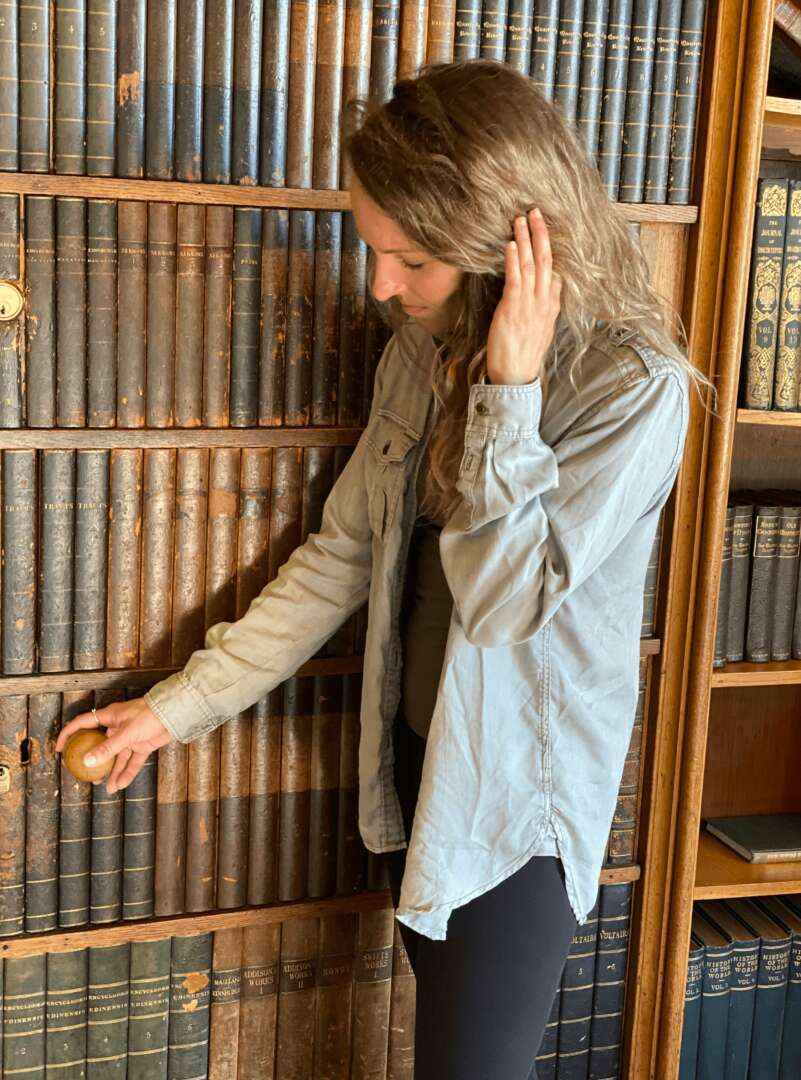
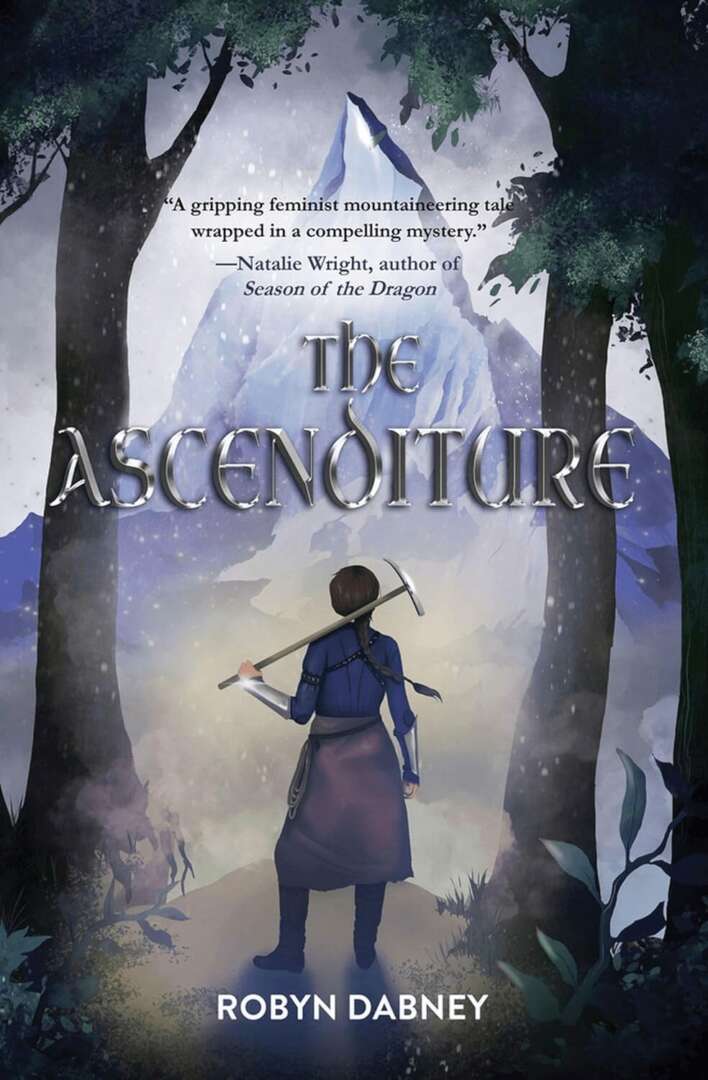
Image Credits
N/A


